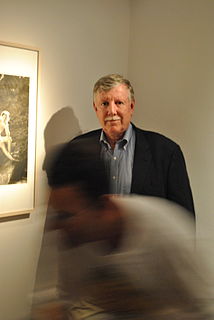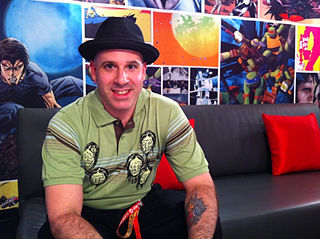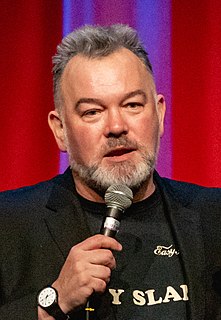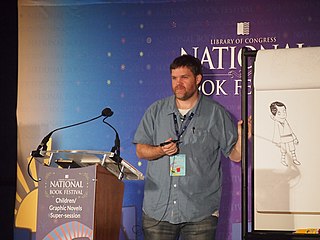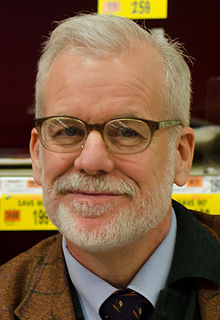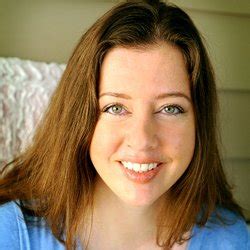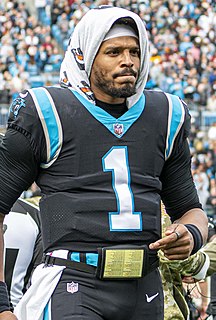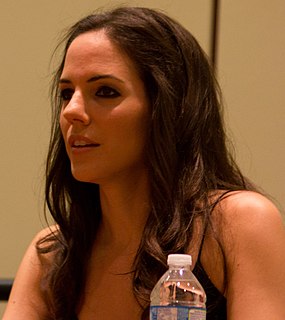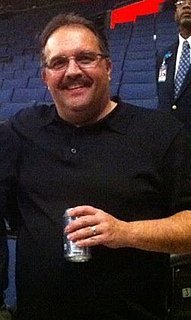A Quote by Adrian Tomine
'Drawn & Quarterly' has always given me complete editorial control over my books and comics, so any decision about what to include or exclude from the book was my own.
Related Quotes
I've always been drawn to and fascinated by physical and psychological change.
If I'm able to make pictures of children that are so real, as you follow the children over the years in any given book, and in subsequent books they get older and older and grow up, perhaps there might be something cautionary in that visual example.
Every child is going to grow up. You can see it happen in the books: They get older and older and belong to themselves to a greater and greater extent.
I got into comics about the same time as music. By 12 years old, I had discovered my dad's killer comic book collection filled with Silver Age books from his youth...early Spider-Man, Thor, Fantastic Four, The Hulk, Detective Comics, Action Comics, you name it. Seeing those old books got me interested in new comics, so my friends and I would hit the local comic shop every Saturday to pick up the cool titles of my generation.
I'd quite like to write a book about comics, actually. But trying to write about comics as literature, which I don't think anyone's really done before. Sometimes they're more like fan books, and I'd quite like to write one about the Marvel universe over the last 50 years. It's an unprecedented achievement to create that length of continuity.
The age of the book is not over. No way... But maybe the age of some books is over. People say to me sometimes 'Steve, are you ever going to write a straight novel, a serious novel' and by that they mean a novel about college professors who are having impotence problems or something like that. And I have to say those things just don't interest me. Why? I don't know. But it took me about twenty years to get over that question, and not be kind of ashamed about what I do, of the books I write.

